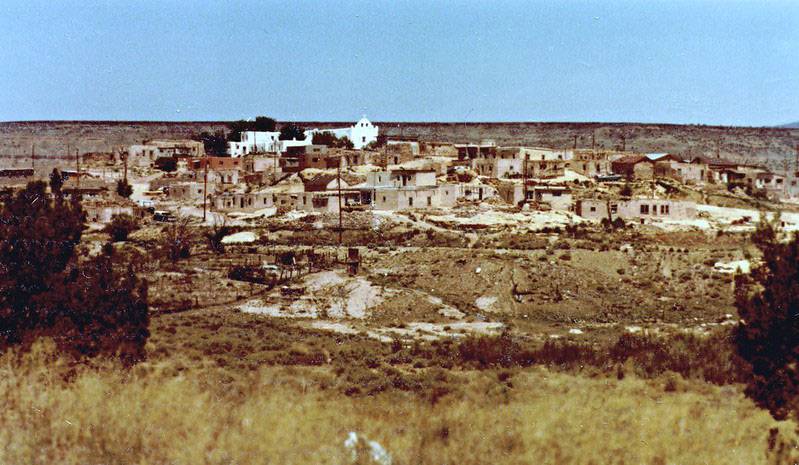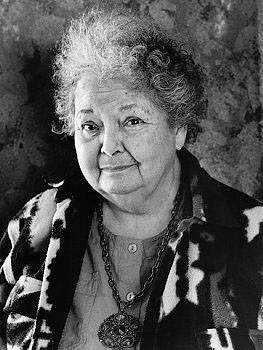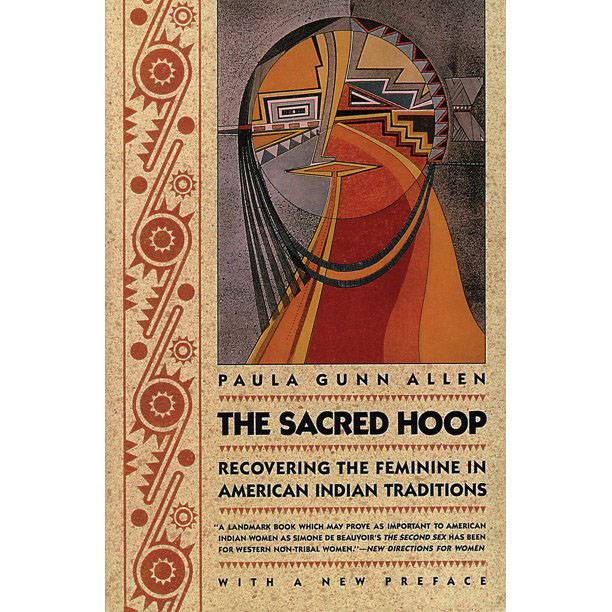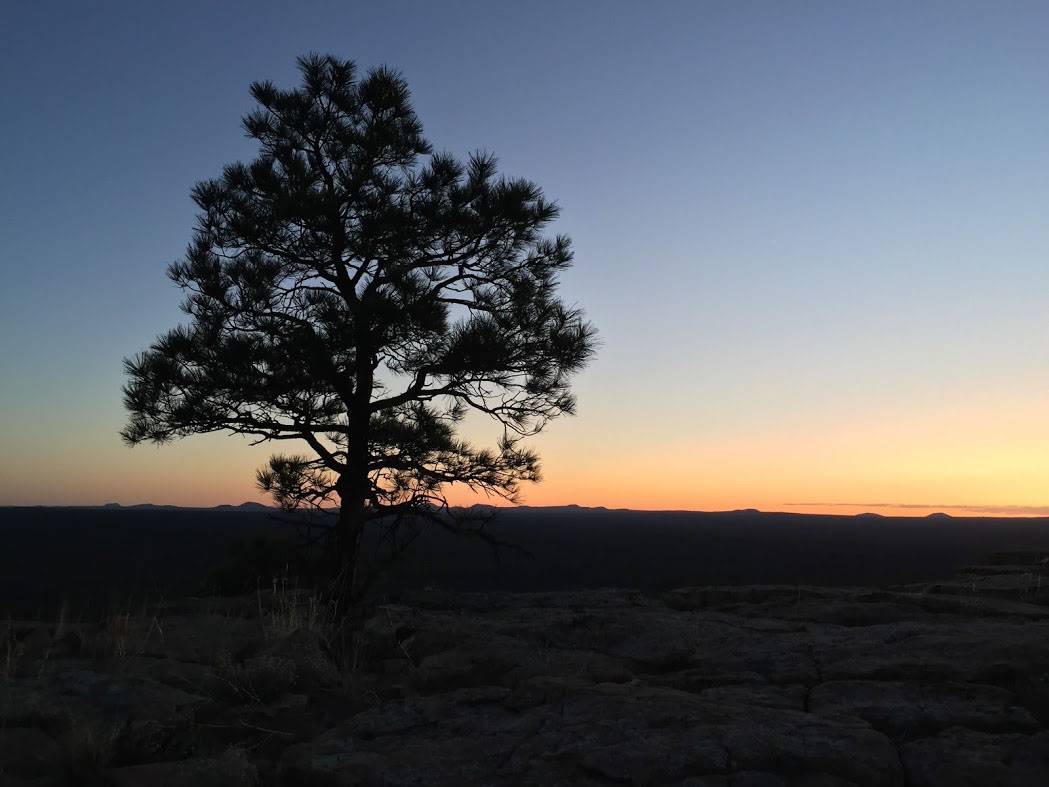The Continental Divide Trail (CDT) unites us. From Gateway Community residents to thru-travelers, and everyone in between, our diverse community is connected by our mission to protect the CDT. We are showcasing stories of the people and places that make up our community with our series, Voices of the CDT. Each month, look out for new stories that highlight these diverse experiences, histories, and faces, against the backdrop of the awe-inspiring Continental Divide.
INTERESTED IN SHARING YOUR CONNECTION TO THESE LANDSCAPES? SEND US YOUR STORY AT [email protected] FOR A CHANCE TO BE FEATURED!
Paula Gunn Allen
PUEBLO POET, ACTIVIST, AND SCHOLAR

“At a time when academia still denied the existence of Native American literature, Paula Gunn Allen recognized its importance and dedicated her career to proving its merit.”
Just east of the CDT Gateway Community of Grants, NM, the small community of Cubero, NM, is the home of the influential Laguna Pueblo author and scholar, Paula Gunn Allen. Paula Gunn Allen was one of the most influential academics in the field of Native American Studies. She was born in Albuquerque and strongly identified with her maternal ancestry from the Laguna Pueblo.
The Laguna Pueblo is a federally recognized Tribe located in West-Central New Mexico. Today, the Laguna Pueblo consists of more than 4,000 people who live across 500,000 acres and it neighbors New Mexico cities such as Albuquerque.
Gunn Allen completed a B.A. and M.F.A. in creative writing from the University of Oregon and PhD at the University of New Mexico. She identified herself as a “serial bisexual” and was proud of this identity. One of the most notable achievements of Gunn Allen’s life was the lasting impact she had on the study of Native American Literature. As written by The Legacy Project, a multidisciplinary group that works to empower people and the planet across generations, “[a]t a time when academia still denied the existence of Native American literature, Paula Gunn Allen recognized its importance and dedicated her career to proving its merit.” In many ways, Gunn Allen changed the way Native American literature and culture is studied by native and non-native academics alike.

As a professor
Professor Allen taught at Fort Lewis College in Colorado, the College of San Mateo, San Diego State University, San Francisco State University, the University of New Mexico, Albuquerque, the University of California, Berkeley, and the University of California, Los Angeles. She taught as a professor of creative writing, women’s studies and Native American ethnic studies.
As an author
“What I want from readers is a fundamental recognition that American Indian Culture is alive and thriving.”

In addition to teaching, Paula Gunn Allen was an accomplished and influential author. She wrote The Sacred Hoop: Recovering the Feminine in American Indian Tradition. This book highlights the essential, yet often erased, presence of women and femininity in Indigenous traditions. Her other works included poems, books, and anthropological writings.
She gained several notable awards including the Hubel Medal and the Native American Prize for Literature.
In her work as an academic, Gunn Allen was a seminal scholar of Native American literature. She wanted readers to understand that Native American literature was not a memory of the past, but was alive and thriving today.
“What I want from readers is a fundamental recognition that American Indian Culture is alive and thriving,” she said in an article in the St. Lois Post-Dispatch in 1990. She also put forward the theory that White American feminists were inspired by the women of the Iroquois in their theory and activism. Gunn Allen’s work, which asserted that European colonizers had de-emphasized the importance of the feminine in Native American culture because of their own patriarchal societal lens, was extremely influential. She argued that many indigenous cultures in the United States were gynocentric — meaning that women were the focal point of society.
Connection to the land

Gunn Allen felt a deep and personal connection to the land she grew up in. In a radio interview from 2008, Gunn Allen highlighted the friendship that she shared with the natural world around her: “I learned the natural world, as we call it, has an absolutely wacko sense of humor […]My best friends are the trees, I really like the birds too, but the trees are my whole childhood.” Those trees of her childhood, along with all the Continental Divide landscape, left a deep and lasting impact on her, throughout her lifetime.
Gunn Allen, who passed in 2008, left a legacy of scholarship in her wake that continues to inspire.
